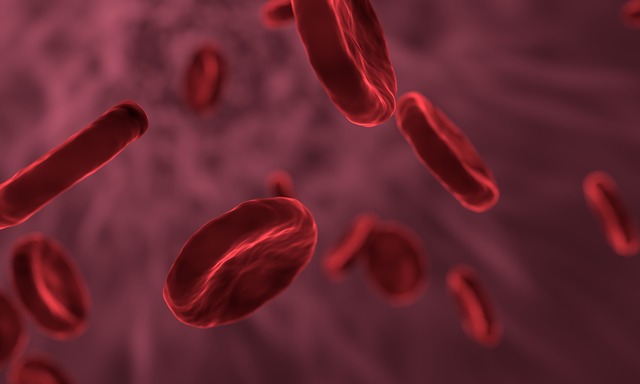
The new VeraBind Biotin will support diagnostic manufacturers in redeveloping lab assays to be biotin-interference free.
Biotin is found in over-the-counter multivitamins, prenatal vitamins, and dietary supplements for hair, skin, and nail growth. The use of biotin is steadily increasing worldwide. Taking high-dose biotin supplements can interfere with laboratory assays and cause incorrect test results.
Ultimately, this interference can lead to misdiagnosis, inappropriate patient management, and adverse events. Because of the potential harm to patients, the Food and Drug Administration (FDA) recently issued guidance to in vitro diagnostic device manufacturers to include clear labeling indicating biotin-interference levels for clinical laboratories and clinicians to consider when interpreting test results.
“As the number of people taking high-dose biotin supplements continues to grow, and many labs don’t have an easy-to-use solution to effectively measure biotin, the potentially harmful impact of inaccurate test results also rises. This portfolio of products can help to reduce the impact of biotin interference and marks our first step towards helping laboratory professionals have more confidence in the accuracy of test results reported to clinicians,” said John Forrest, founder and chief executive officer of Veravas. “Better results are key to correct diagnosis and effective interventional therapy, ultimately leading to better patient care.”
VeraTest Biotin and VeraPrep Biotin offer immediate solutions to address biotin interference in existing diagnostic tests. VeraTest Biotin is a digital qualitative test that screens for biotin interference in less than five minutes. VeraPrep Biotin can determine if biotin levels are clinically significant and, using targeted nano magnetic beads, capture and remove biotin from a sample. Proof-of-concept studies demonstrated the ability of these products to rule in or out biotin interference, determine clinically significant levels, and successfully reduce interfering biotin in patient samples.
Veravas also launched VeraBind Biotin, a proprietary monoclonal antibody that can be used by diagnostic manufacturers to convert existing assays to be biotin-interference free. This antibody retains a high binding affinity to conjugated biotin with a low binding affinity to free biotin, thus eliminating the impact of biotin interference on test results.
“Interferences with immunoassays are prevalent and can affect laboratory tests results, which have an impact on clinical decisions for patients. At the end of the day, this is an issue of patient safety. Biotin interference has been increasing and there is a critical need for technologies to help clinical laboratories and the industry address it,” said Damien Gruson, Ph.D., head of medical biochemistry at Cliniques universitaires Saint-Luc. “I believe that the best, long-term way to solve for the challenges caused by the streptavidin-biotin interaction technology used by many immunoassays will be the continuous improvement and evolution of these tests. I am really enthusiastic that Veravas is leading the way in providing novel accessible tools that support the development of biotin-interference-free tests.”
Source: Company Press Release.






